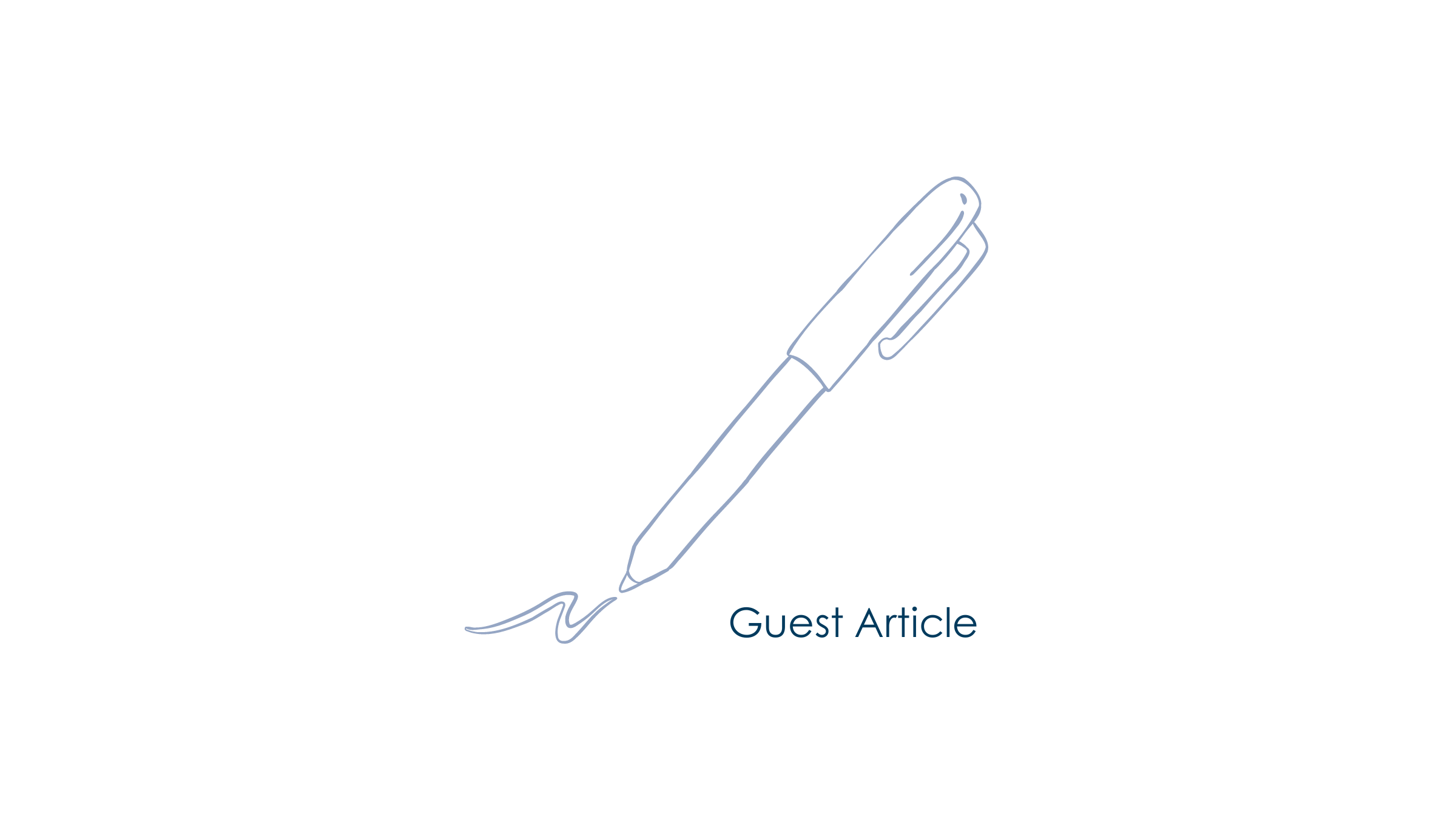Dive into Jo O'Sullivan's Journey and witness how a seasoned litigator reshapes her career by moving away from traditional courtroom confrontations to embrace collaborative practices and mediation in family law. Explore how Jo's innovative approach not only changes legal landscapes but also heals lives by steering clear of the courtroom and fostering constructive solutions.
by Jo O'Sullivan
Family Court rule changes in England and Wales at the end of April 2024 meant that all family law practitioners will be finding new ways to be more out of court. This significant rule change is designed to channel separating couples away from the family court. This much needed variation is borne of the increasingly desperate state of the family courts where significant and chronic underfunding is now the norm.
But let’s first put ourselves in the position of our clients…..
A typical courtroom experience
A woman seeks the advice of a lawyer who proceeds to write a letter to her husband. He got the opposite advice from his solicitor about the very same situation, and a letter is sent back. It is a clash of words, nobody agrees. Nothing is achieved. This exchange costs approx. £1000. More letters are sent. The tension ratchets up. Costs are climbing. But nothing is achieved. So she issues an application at court. Her costs – and his – are about to rise exponentially. Their already bad relationship just gets worse and worse and their kids are struggling... then they arrive at court. And a family catastrophe ensues from which nobody will gain, and everyone will lose. Except the lawyers.
They win. I’m a lawyer too, so I know. I have reaped the financial reward for myself. But if you are a jobbing lawyer, it’s not you that benefits it’s the partners of the law firm. But it’s certainly not the clients and in a wider sense, it’s not you either. Working in the traditional way is probably bad for you too.
Although our jurisdiction has had rules to encourage couples to avoid court they’ve been widely ignored by, I would say, unscrupulous lawyers. Judges have not enforced them, instead being pragmatic when warring couples get to court, saying ‘well you are here now, best we crack on’. It seemed to suit everyone to keep the status quo except for the unsuspecting public.
The trouble is that nowadays the public are often avoiding lawyers entirely and who can blame them. So, making a change to the way we work is a necessity not only to get and keep clients but also not to fall foul of the new rules.
My journey
I had been a family law litigator for around 10 years and spent my all of my time trying to ‘win’ for my clients. But I came to realise that the usual way of working simply does not suit my clients and it didn’t suit me either.
To borrow the title of Chris Mills’ book – The Case That Really Got to Me.
The ping of the email on my phone causes me to look at it. My body becomes ridged. My brows furrow, my face reddens and my heart contracts. I’ve received another email from the other solicitor on the case. It’s not even a difficult solicitor, we have managed to be civil and even laughed on the phone. [We have since become good friends.] But it’s often the case that the other lawyer is aggressive and that makes things even tougher; thank goodness I don’t have to deal with that too.
But this case is really getting to me. Constant emails from my client too. I love my client, and I’d say we have become friends. But this case just keeps on going.
With interim applications being drafted and threatened just to get to a sensible place. They always pull back at the last minute but it’s so gruelling.
Eventually, I have to draft the final documents. But I just don’t think I can do it. I take myself off to a health retreat. But even in this idyllic, leafy and luxurious place the emails just keep coming. I manage to finish the drafting. In many ways its easy work, my client is in the legal right so I know I just have to keep plugging away.
And at court we win, not just win but completely and defiantly win. It’s a triumph. But it felt pyric, somehow. Did anyone really win? It cost my client and the other party so much in money and emotion.
It was to be my last court case.
But somehow, I didn’t manage give up court work, or preparing for court work, for another 5 years.
Why did I wait?
Money maybe. Status maybe. Lack of faith maybe.
Fear, most definitely.
I already knew that working as an ordinary lawyer was killing me. But it took being really unhappy with things for me to simply say to myself enough is enough.
It’s been a transition, to be fair to me.
Things don’t change overnight, very often and I suppose I had a series of light bulb moments over time. Here are a few of them:
Lightbulb moments
Sending faxes on a Friday afternoon saying mum wasn’t making a child available to spend time with dad. Usually for a ridiculous and hard to justify reason. I came to think I was just making things worse, and not better.
But probably training and then experience in mutual working (working with the couple – not just one client) was the most transformative.
#1: Collaborative practice training
Day 1: I thought, we’ll so get sued working this way.
Day 2: I thought, why don’t we always work this way.
I found I loved working with other lawyers rather than against them. Trying to help find solutions together. Probably for the first time I realised that my client and their ex-partner often have their own answers. And I don’t have to be the one always offering solutions.
#2: Mediation training
This was like removing my skin and replacing it with something new. Working with the couples on my own meant that I really had to get to know what was important to them.
But I felt it was traditional family mediation was limited….so I’ve continued to improve my practice with yet further training.
- Relational mediation with the most excellent Bill Hewlett – this is a course in getting to know your client. And in doing so have them really trust me. I could see that they started to feel really listened too. And who doesn’t like being listened to?
- Hybrid or assisted mediation training – this has developed mediation still further. In this process we can keep confidences and work with the couples’ solicitors. We all try to be helpful and not try to win. Keeping ourselves on track to solutions.
- Insight mediation training with Jacinta Gallant. This has been truly transformative. To move away from trying to control my clients to trying to understand them. To help them comprehend themselves, their relationships and to move forward. Not to my agenda, but to theirs. My clients are now so much better prepared for our work (whichever non-court route they take) and my work has become so much easier. They have a workbook to go through which helps them gain the insight, which I can refer to and prepares them for our work together. I cannot overstate the value of the workbook.
- Writing: (Almost) Anything But Family Court (Bath Publishing: 2022) made me realise that there were loads choices for clients and I could help them choose.
Finally
I very expensively updated everything about my website; it’s a new website!
Now it proudly reads, ‘The home of the non-court good divorce and separation’. And there’s no going back. I get fewer enquires from clients I don’t want to work with and so many more from those that I do; more importantly that want to work the way I do. That means they are more likely to share my values. I don’t want to work in the court arena or the semi court arena and neither do they.
And now….
I feel so much happier. I have cognitive consonance. My work is confined to the preparation of meetings, of one sort or another, the meetings themselves and the follow up work. It’s really easy work; no letter writing or sabre rattling. No court, never court. Well, when I say easy it’s not – it can be messy but using all the tools the mutual training work has given me and the tools Jacinta’s workbooks give my clients - I feel it’s the best way to work.
I no longer have a negative physical reaction when I get an email on a case.
And the clients are coming my way.
And long may that last…
 |
Jo O'Sullivan entered the legal field later in life after a managerial career, enhancing her approachability and organizational skills. She is an accredited mediator, a collaborative practitioner, and pioneered the "One Solicitor: One Couple" process. Jo authored "(Almost) Anything but Family Court," aimed at encouraging alternatives to litigation. She founded Sussex Family Solutions, which fosters a collaborative environment for professionals across various disciplines. Jo lives with her wife (and their 3 dogs) in the Sussex countryside. https://www.osullivanfamilylaw.com/ |


